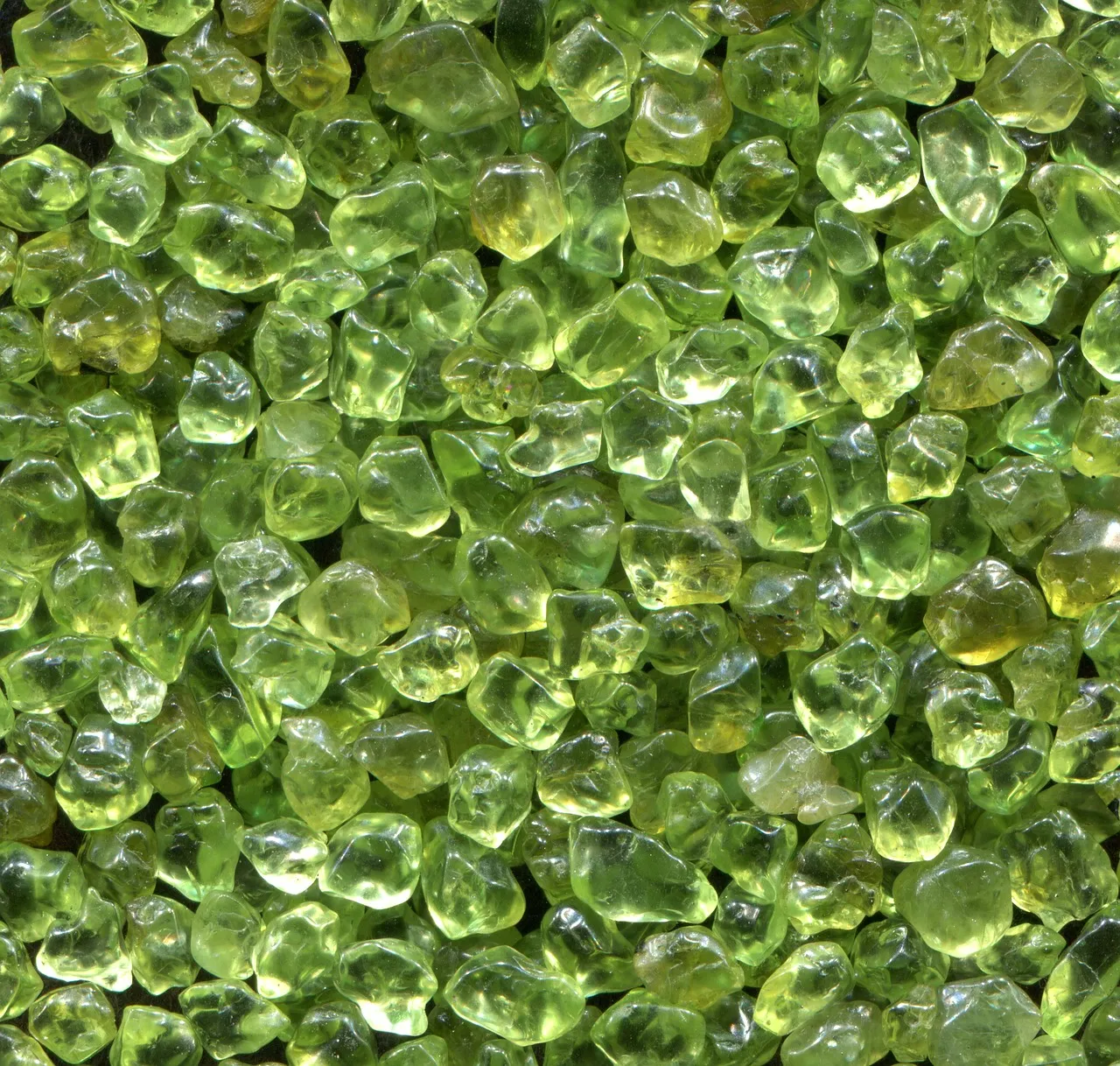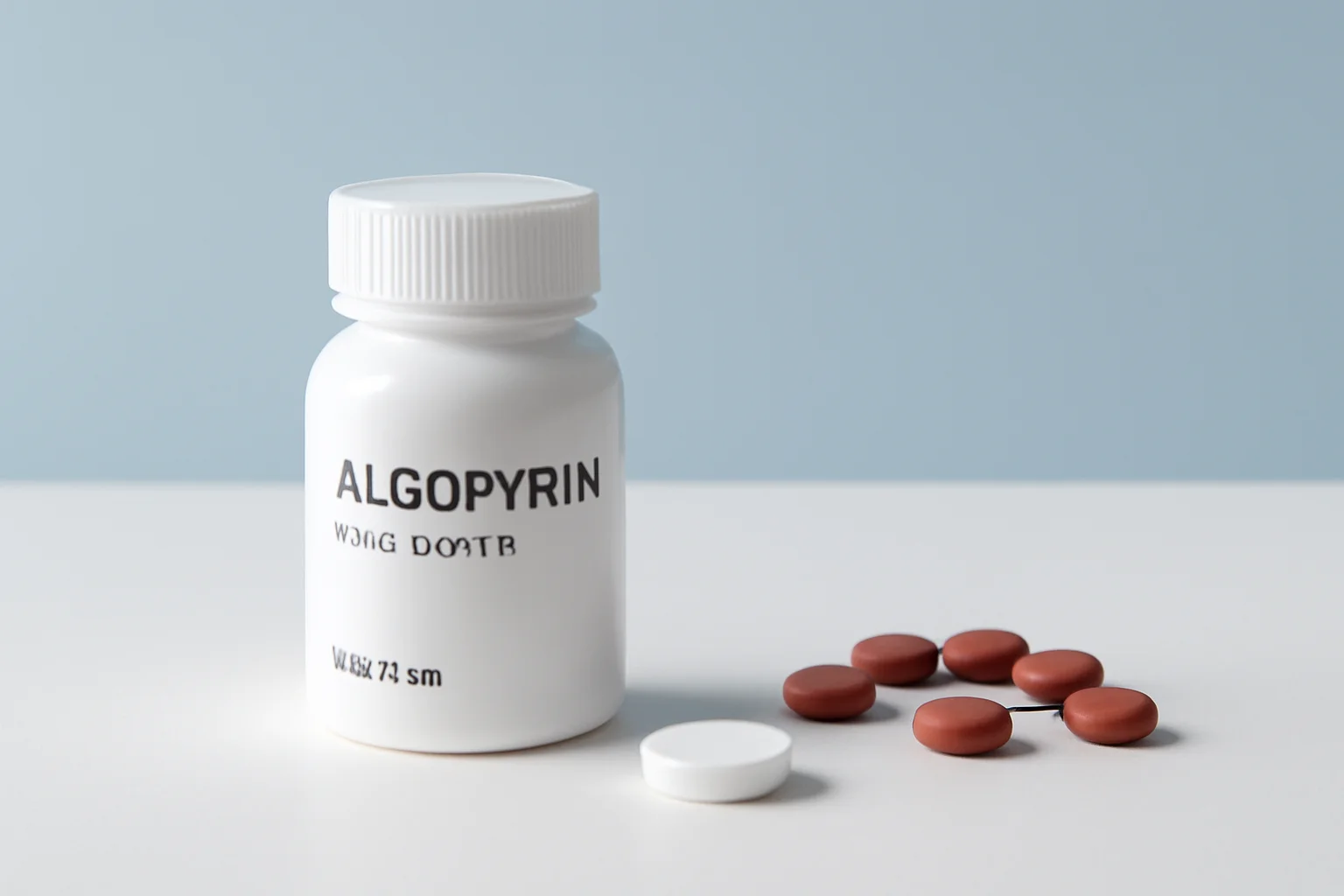
The Causes of Redness and Itching: What You Should Know About Them?
The skin is one of our most important lines of defense, constantly exposed to environmental factors, allergens, and various irritants. The health and well-being of our skin fundamentally influence our daily lives, moods, and self-esteem. Skin issues, such as redness or itching, are extremely common and represent familiar experiences for many. These symptoms often intertwine and can be difficult to distinguish from one another, making it challenging to choose the appropriate treatment.
There are numerous reasons behind redness and itching, ranging from skin irritation to various skin diseases, as well as stress or allergic reactions. People often seek solutions for discomfort on their skin, and while home remedies or over-the-counter products can help in many cases, it is essential to understand that more serious health conditions may underlie these problems.
To maintain skin health, it is crucial to pay attention to our body’s signals. Redness and itching are not merely aesthetic issues; they can be warning signs that something is wrong in our bodies. Below, we will examine the causes, symptoms, and possible treatments for redness and itching in more detail.
Red Skin: Causes and Symptoms
Redness is a sign of skin inflammation that can arise from various causes. Irritation, skin diseases, sunburn, or even stress can contribute to our skin turning red. The first step is to establish an accurate diagnosis, which requires understanding the exact cause of the redness.
Irritation is often the result of external factors affecting the skin. This can include allergic reactions caused by soaps, cleaning products, cosmetics, or even foods. The skin’s reaction to different irritants can vary, ranging from redness on the surface to the formation of blisters.
Skin diseases, such as eczema, psoriasis, or rosacea, are also common causes of redness. These conditions not only cause aesthetic problems but also lead to skin discomfort, which can result in further symptoms such as itching or flaking. In psoriasis, skin cells divide rapidly, resulting in thick, scaly patches, while eczema causes itchy, red rashes.
Sunburn is another common cause of redness. The UV rays from sunlight can damage skin cells, leading to inflammation and redness. Treating sunburn is important, as prolonged sun exposure can lead to skin problems, such as skin cancer.
Finally, we must not forget about stress, which can also affect the condition of the skin. Stress can cause hormonal changes that trigger inflammation, making the skin more sensitive and reactive to external factors.
Itching: Causes and Treatment Options
Itching is an extremely uncomfortable sensation that can arise from numerous causes. Similar to redness, itching can indicate skin irritation or disease. The causes encompass a wide spectrum, from simple allergic reactions to more serious skin conditions.
Allergic reactions are among the most common causes. Allergens, such as pollen, dust, or pet dander, can cause itching, often accompanied by skin redness. Treatment for allergic reactions typically involves the use of antihistamines, which help reduce itching and inflammation.
Skin diseases, such as eczema or psoriasis, are also common causes of itching. In eczema, the skin becomes dry, cracked, and itchy, while in psoriasis, red, scaly patches appear on the affected areas, which itch. Treatment options include topical corticosteroids and moisturizing creams, which can help alleviate symptoms.
Causes of itching may also include parasitic infections of the skin, such as lice or scabies, which cause intense itching. These infections require medical treatment, as removing the parasites is essential to eliminate the symptoms.
Another possible cause is dry skin, which often occurs in winter or in low-humidity environments. Itching from dry skin can typically be alleviated by using moisturizing creams that help retain the skin’s moisture.
How to Prevent Redness and Itching
To prevent redness and itching, it is important to pay attention to the health of our skin and our lifestyle. Below are some useful tips that can help avoid the development of uncomfortable skin problems.
The primary step is to properly hydrate the skin. Regular use of moisturizing creams helps maintain the skin’s natural moisture, which can reduce the risk of itching and redness. Hydration is especially important in winter when the air is drier, and the skin can become more easily dehydrated.
Keeping the skin clean is also essential. Use gentle, fragrance-free, and dye-free soaps that do not irritate the skin. Instead of bathing in hot water, opt for lukewarm water, as hot water can exacerbate skin dryness and irritation.
Avoiding allergens is also important. If we know we are allergic to certain substances, we should try to stay away from them. Reducing exposure to allergens can help prevent skin irritation.
Taking time to manage stress is also worthwhile. There are many methods to reduce stress, such as meditation, breathing exercises, or regular physical activity. These not only benefit our skin but also our overall health.
When Medical Help is Necessary
Although redness and itching can often be treated at home, there may be times when medical assistance is needed. If symptoms persist or worsen, it is important to consult a doctor.
A dermatologist can professionally assess the condition of the skin and may conduct further tests if necessary to establish an accurate diagnosis. The doctor may suggest treatment options, such as medication, that can help address skin problems.
If redness or itching is accompanied by other symptoms, such as fever, swelling, or pus, immediate medical attention is required. These symptoms may indicate a more serious infection or illness that needs urgent treatment.
In any case of skin problems, it is always advisable to consult a medical professional to avoid the development of more severe health issues.
**Warning:** This article does not constitute medical advice. Always seek a doctor’s advice for health problems!

